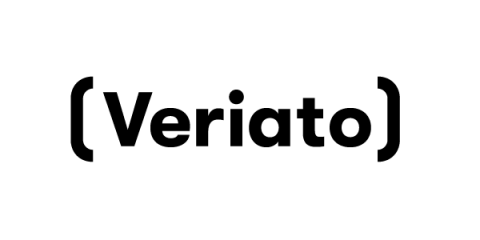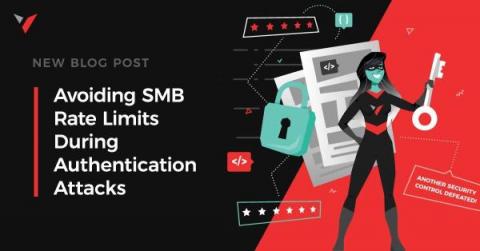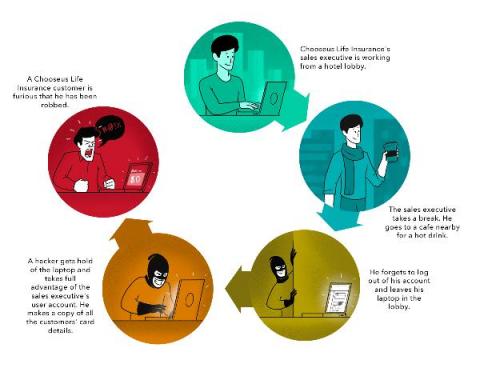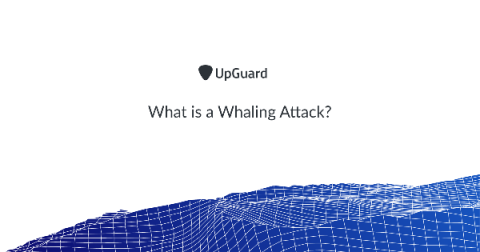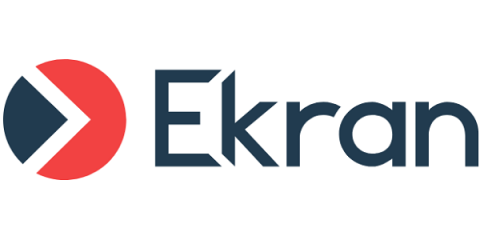What is the Next Generation Threat Hunting
The FBI recently reported that in 2019, cybercrime cost businesses $3.5 billion, a number they say is likely grossly underestimated. Another study from Accenture that spanned 11 countries across 16 industries found that the complexity of attacks is also increasing. As a result, the average cost of cybercrime for an organization grew from $1.4 million to $13.0 million.


